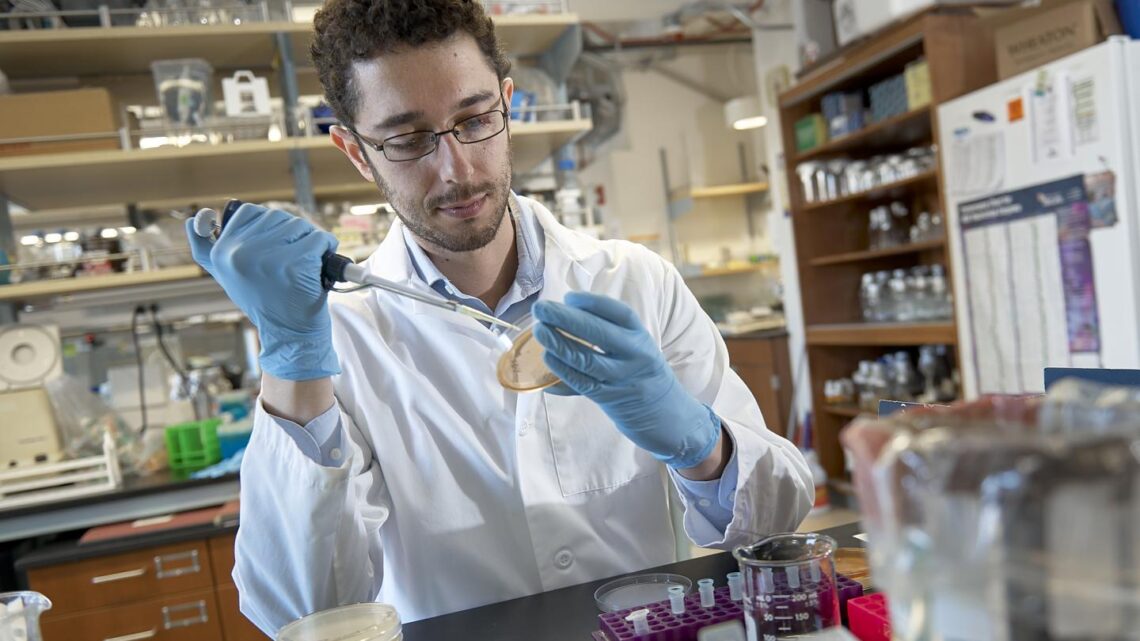Cell biology research programs have had a transformative impact on healthcare, offering a multitude of lifesaving benefits. This field of science delves into the fundamental building blocks of life, the cells, and their intricate mechanisms. Here are some ways in which cell biology research program has revolutionized healthcare:
Cancer Treatment and Diagnosis: The cell biology research program has led to significant advances in understanding the molecular basis of cancer. This knowledge has enabled the development of targeted therapies and precision medicine approaches, allowing for more effective and less toxic treatments. Additionally, cell-based assays and biomarker discovery have improved cancer diagnosis and monitoring.
Stem Cell Therapies: Stem cell research has opened doors to regenerative medicine. Stem cells can be used to repair damaged tissues and organs, offering hope to patients with conditions like heart disease, diabetes, and neurodegenerative disorders. These therapies have the potential to save countless lives and improve the quality of life for many.
Vaccines and Immunotherapies: Cell biology research has been instrumental in the development of vaccines and immunotherapies. Understanding how cells interact with pathogens has led to the creation of vaccines that prevent deadly diseases, such as polio, measles, and COVID-19. Immunotherapies, like CAR-T cell therapy, have shown promise in treating various cancers.
Drug Development: Cell biology research plays a crucial role in drug discovery and development. By studying cellular processes, researchers can identify drug targets and develop compounds that specifically modulate these processes. This has led to the creation of numerous life-saving medications for a wide range of diseases, from antibiotics to antiviral drugs.

Genetic Therapies: Advances in cell biology have paved the way for gene therapies. Scientists can manipulate and replace genes to treat inherited genetic disorders. Recent breakthroughs in gene editing technologies like CRISPR-Cas9 hold the potential to cure diseases that were previously considered untreatable.
Tissue Engineering: Cell biology research has contributed to the field of tissue engineering, allowing scientists to grow functional tissues and organs in the lab. This has immense potential for patients in need of organ transplants, as it can help alleviate the shortage of donor organs.
Disease Mechanisms: Understanding the cellular mechanisms of diseases has led to better diagnostic tools and treatment strategies. For example, research into the cellular basis of Alzheimer’s disease and other neurodegenerative disorders has provided insights into potential therapeutic interventions.
Personalized Medicine: Cell biology research has facilitated the development of personalized medicine approaches. By analyzing an individual’s cellular and genetic makeup, doctors can tailor treatments to the unique characteristics of each patient, increasing treatment effectiveness and minimizing side effects.













